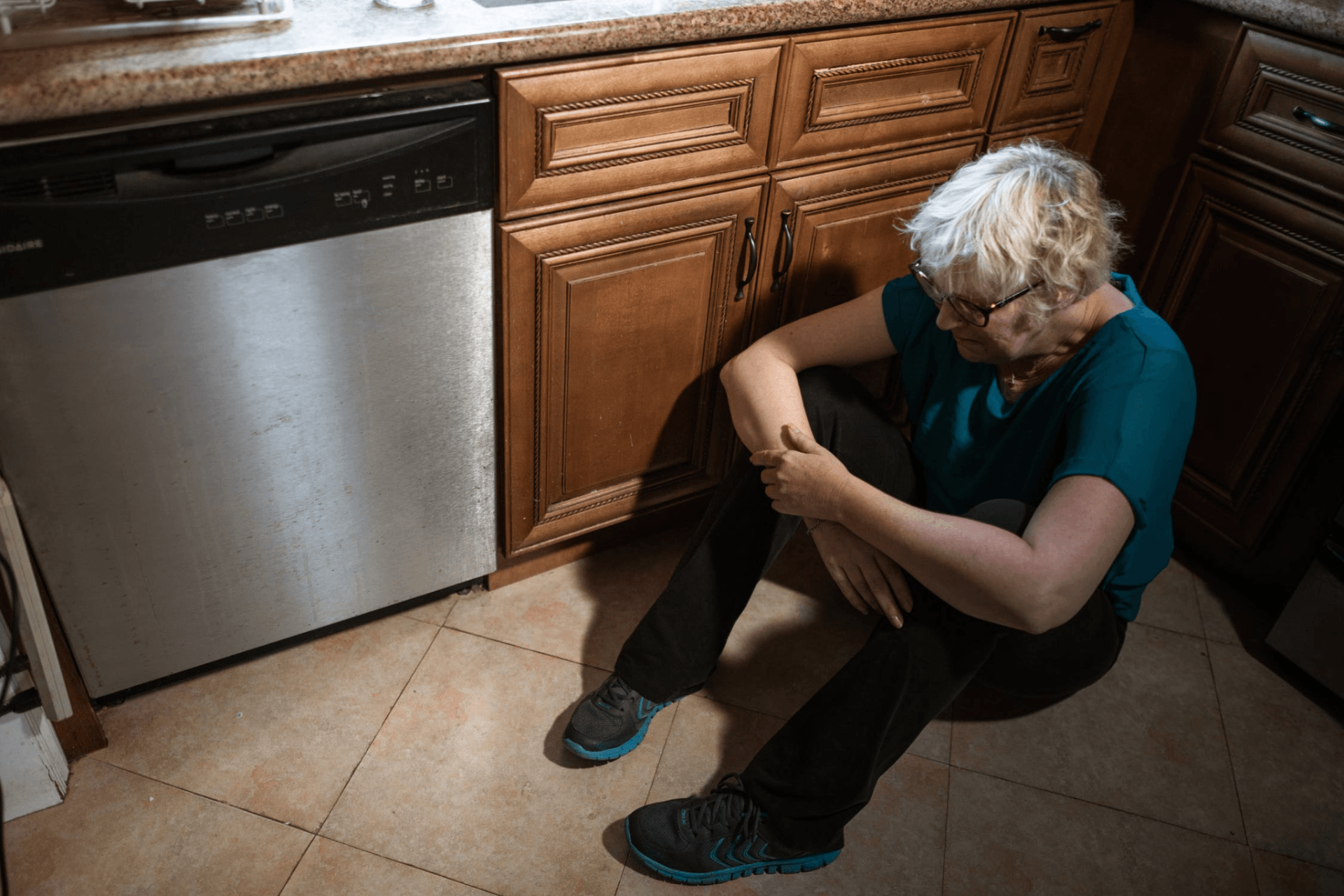How to Figure Out If You Need to Move to Care for an Aging Loved One

Approximately 65.7 million Americans are caregivers for ailing relatives. If you have an aging loved one, you may be wondering if you should move closer, allowing you to provide more direct care.
Making that choice isn’t easy. If you’re trying to figure out if you should relocate to care for a senior relative, here’s what you need to know, presented by S&P Properties.
Reviewing Your Loved One's Needs
Before you decide whether now is the right time to move to care for an aging loved one, you need to honestly assess their current needs. Usually, you want to use a multi-faceted approach, ensuring you have a complete picture of their current situation.
Start by evaluating these key areas:
● Medical Needs
● Safety Concerns
● Mobility Issues
● Mental Acuity
● Hygiene Struggles
● Meals Prep Challenges
● Social Needs
By examining how your loved one performs in each of those areas, you can determine how much support they currently need. Then, you’ll have an easier time deciding if you should move sooner rather than later.
Keep Everyone’s Needs in Mind
It’s perfectly normal to feel that moving to offer direct care to an aging relative is the best choice. However, that isn’t always the ideal approach.
Instead, you need to take a close look at everyone’s needs. This might include things like adding grab bars in bathrooms for ease of use or taking a close look at your home and eliminating anything that could result in a serious fall. Be honest about the amount of care your loved one requires, as well as what you can reasonably provide.
For example, if your loved one is suffering from Alzheimer’s or dementia, then you also need to determine if you’re able to offer the necessary care. Often, those conditions can deteriorate quickly, and your loved one may need a lot of one-on-one support and attention throughout the day.
Overall, 61 percent of caregivers also work. Since memory issues can up the care requirements dramatically, taking on the responsibility alone isn’t an option for many working adults if they are going to keep their jobs. If that’s the case, moving can still be a smart choice. It allows you to stay close, ensuring you can be there as often as possible.
However, you may want to consider a nursing home that focuses on memory care for their daily living. That way, they get professional help, and you can still offer supplementary support.
Managing Your Move
If you’ve determined that now is the right time to move to care for a senior loved one who needs your support, you can connect with local movers in your area by searching for movers. Before you meet with the company to get a formal quote, spend some time discussing your needs. That way, you can determine if they have service options available that work for you.
Additionally, read reviews online to see what past customers had to say. If you’re worried about how much moving services could cost, find out if any companies are offering deals or credits, too. That way, when you start gathering quotes, you know you’re focused on movers that can meet your needs and provide a great experience, all at a price you can afford.
S&P Properties, LLC




